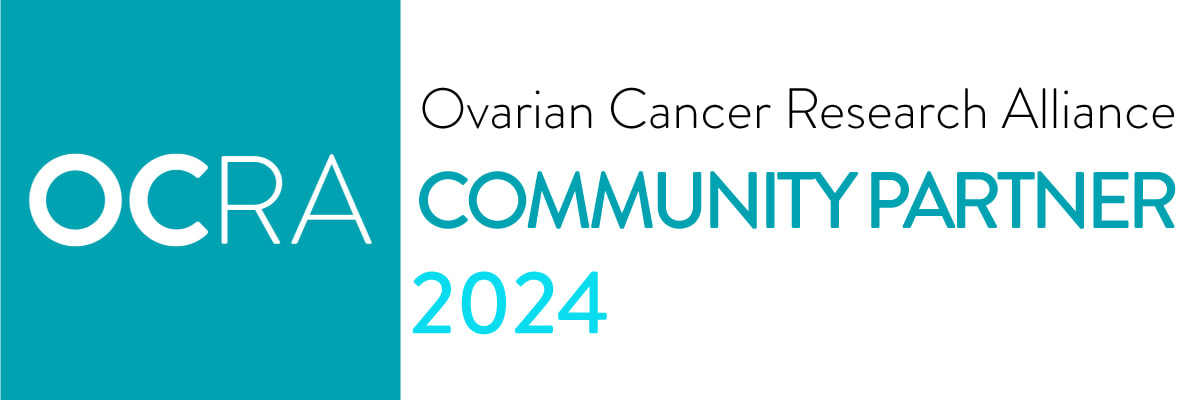|
Project title: Biomarkers of Sensitivity to Aromatase Inhibitors in Women with Recurrent Low-Grade Serous Ovarian/Peritoneal Cancer
Research Institute: MD Anderson Cancer Center Lead Researcher: Dr. David Gershenson Project cost: $150,000 Funded by: STAAR Ovarian Cancer Foundation STAAR Ovarian Cancer Foundation to Fund Biomarkers of Sensitivity to Aromatase Inhibitors Research A new research study at University of Texas MD Anderson Cancer Center funded by STAAR Ovarian Cancer Foundation will determine if biomarkers can identify how aromatase inhibitors influence clinical outcomes of patients with low-grade serous ovarian cancer. Aromatase inhibitors such as letrozole, anastrozole and exemestane reduce the level of estrogen in the body. They have been found to be effective against low-grade serous ovarian carcinoma (LGSOC), which can be resistant to chemotherapy. There is currently no known biomarker to predict if the patient will benefit from this type of treatment. If this biomarker exists, physicians would be able to use it to assess which patients are likely to benefit from the use of an aromatase inhibitor and which patients will not. “As a patient that has been on each of the three types of aromatase inhibitors (letrozole, exemestane, and anastrozole) in under a year, a study like this is very exciting,” said Morgan Gaynor, ovarian cancer survivor and Secretary of STAAR Ovarian Cancer Foundation. “These medications can come with debilitating side effects so it can be hard to find one to stick with. Being able to know which treatments will or won’t work for someone is a major incentive towards medication compliance, which leads to better outcomes.” The study will examine the molecular biology in LGSOC of dozens of women that have recurrent disease and were treated with aromatase inhibitors. Researchers will study tissue from LGSOC patients for gene abnormalities and the proteins expressed. “We are extremely grateful to STAAR for their generous support of this important research initiative. Low-grade serous ovarian carcinoma is a rare subtype of ovarian cancers that is relatively insensitive to chemotherapy,” said Dr. David Gershenson of University of Texas MD Anderson Cancer Center. “And because we know endocrine therapy can be successful, we need to better understand for whom.” LGSOC is a rare and extremely underfunded ovarian cancer, making up fewer than 10% of ovarian cancer cases. MD Anderson Cancer Center is a world leader in LGSOC research. Doctors there were instrumental in helping identify it as a unique cancer in 2004 and their research has formed the basis for many of the current treatment recommendations. In 2018, they added LGSOC to their Cancer Moon Shots Program. STAAR Ovarian Cancer Foundation is the only US-based nonprofit dedicated to low-grade serous ovarian cancer. It was co-founded by three women with LGSOC in early 2020. The foundation works with the global charity Cure Our Ovarian Cancer to advance research opportunities in the United States to find better treatment options for LGSOC.
0 Comments
|
Archives
April 2024
Categories |

 RSS Feed
RSS Feed

